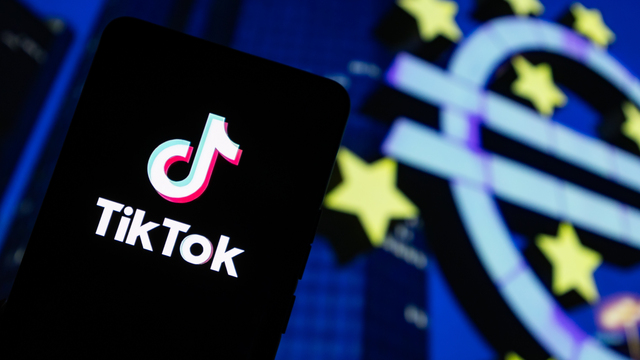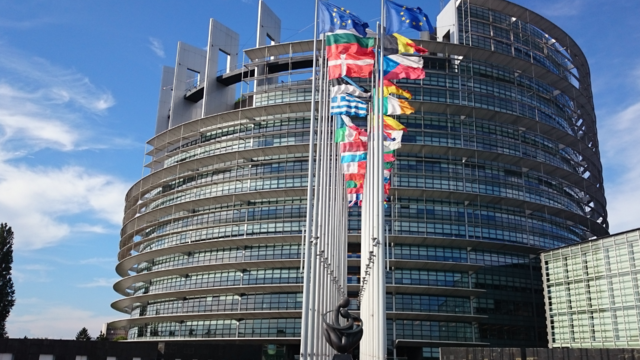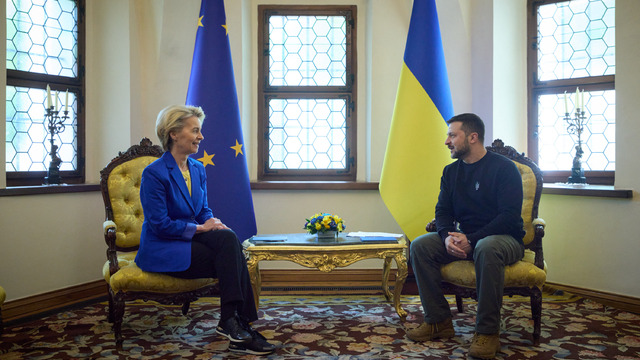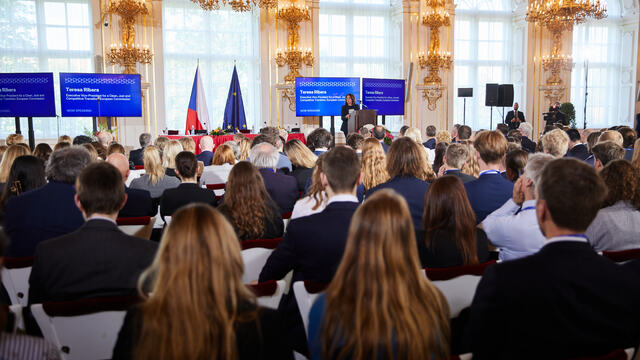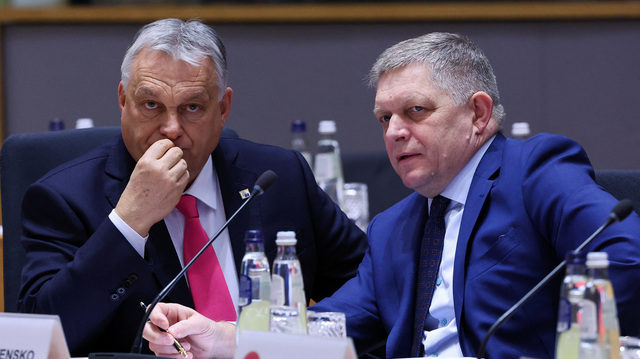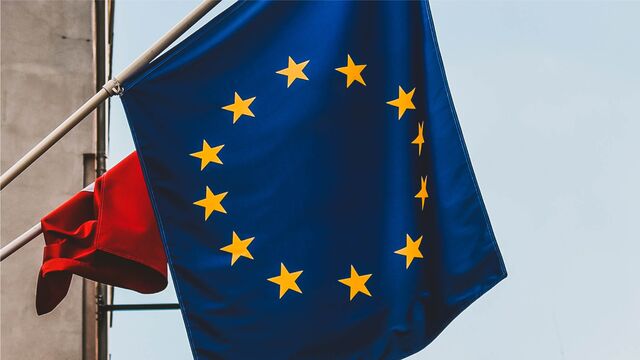The Italian Elections and the Debate on the Future of Europe
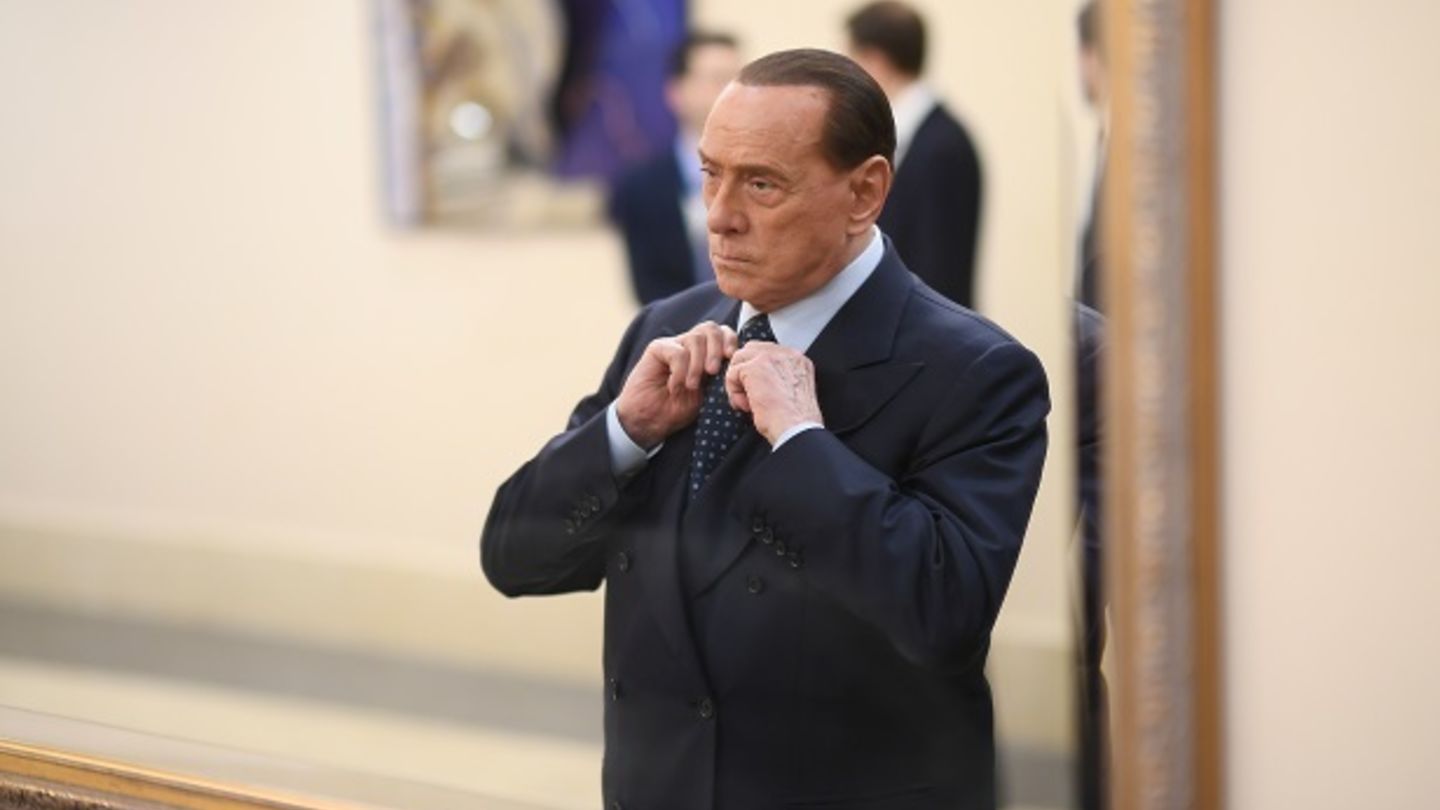
Italian politics is anything but simple. It is worldwide famous for its instability, and for the difficulties its political elites has experienced, in the past few years, in tackling the multiple European crises: the economic, the financial and, last but not least, the migrant one.
March the 4th 2018 will be an extremely important date not only for Italy itself, but for all Europe, as the destinies of the Union and that of one of its founding members are deeply intertwined.
Indeed, on that day, the Italian legislative elections will take place and the two Chambers of the Italian parliament will be renewed. The result is far from being predictable. The recent French and German elections, despite the strength of the Eurosceptic instances, remarked the pro-European commitment of two of the European Union’s founding members. Indeed Macron, in France, and Merkel and Schulz, in Germany, succeeded in temporarily weakening the Eurosceptic wave, by embracing pro-European instances in the widest sense of the term.
Indeed, on that day, the Italian legislative elections will take place and the two Chambers of the Italian parliament will be renewed. The result is far from being predictable. The recent French and German elections, despite the strength of the Eurosceptic instances, remarked the pro-European commitment of two of the European Union’s founding members. Indeed Macron, in France, and Merkel and Schulz, in Germany, succeeded in temporarily weakening the Eurosceptic wave, by embracing pro-European instances in the widest sense of the term.
Who is standing for elections?
The floor is now given to Italians. Their choices, on March 4th, will deeply affect the future of the Union. Italy is a founding member of the European Union, and its third richest economy. The economic and migrant crises strengthened the Eurosceptic instances like never before in the Italian political history. Therefore, a Eurosceptic victory may put into open discussion the future of the Union itself.
Three are the main camps: the centre-right, the centre-left and the Five Star Movement. The first camp, where Berlusconi’s party Go Italy and Salvini ‘s League have roughly the same weight, promises to put in doubt two crucial pillars of the legal framework of the European Union: the 3% deficit-GDP ratio and, most of all, the principle of supremacy of European Union law over national norms.
Silvio Berlusconi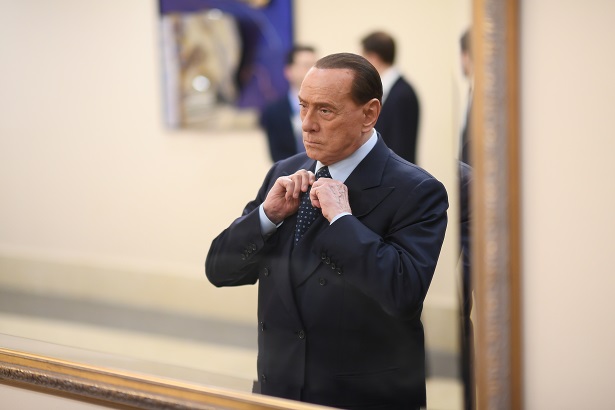
source: wikipedia.org
The principle of supremacy, introduced in 1965, derives from a crucial decision of the European Court of Justice, and puts European laws at a higher level vis-à-vis those of its member states. Should the centre-right prevail and be able to form a government, the scenario could potentially lead Italy into uncharted waters, with one of European Union’s richest countries openly voicing its discontent against the European obligations concerning public expenditure and application of European norms.
Five Star Movement, the populistic party created in 2009 by the comedian Beppe Grillo, also embraces Eurosceptic, or at least Eurocritical stances. Five years ago, on the eve of 2013 legislative elections, the movement renamed its programme “The twenty points to exit from the dark”. Among those points, remarkable was the one which called the new government to hold a referendum on Italian adherence to the Eurozone, letting Italians decide whether to remain in the Euro or re-adopt the Lira. The young leader of the party, Luigi Di Maio, seems to have abandoned the idea of the referendum. Nevertheless, the movement is still an important member of “Europe of Freedom and Direct Democracy”, the European group co-chaired by the leader of the pro-Brexit faction Nigel Farage. The constant appeal of the party to national sovereignty, and the high probability that no clear winner will emerge from March’s elections, create the potential conditions for an unreleased alliance with Salvini ’s League, aimed at paving the way for a Eurosceptic cabinet of broad agreements.
Beppe Grillo
source: commons.wikimedia
The third camp, the centre-left, faces a ticklish moment. The Democratic Party, which expressed all the three last prime ministers (Letta, Renzi and Gentiloni), is likely to pay, in electoral terms, the consequences of the high youth unemployment rate (which slightly decreased but which remains one of the highest of the Euro area) and the failure of 2016 referendum on the constitutional reform, to which the leader of the party, Renzi, tied his political future.
The change of elections topics
More than by a struggle between right and left, as it was the Italian political framework before 2013, the next elections will be characterised by the debate between those who fight for a return to national sovereignty and those who stand for deeper European integration. In the first camp, where the Five Star Movement and the League are the main actors, Europe is blamed for having worsened the state of the Italian economy, by imposing austerity measures which impoverished the Italian citizens, damaging their wealth and economic position.
In the second camp, where the main protagonists are Renzi’s Democratic Party and the newly born More Europe (guided by the former European Commissioner and Minister Emma Bonino), Italy is seen as the country which, along with France and Germany, can promote the creation of the “United States of Europe”.
What next?
After the Second World War and after the brutalities of the fascist rule, the statesman Alcide De Gasperi won 1948 elections and led the country towards the Western world and Europe. Like then, Italians are now called to choose on their future and on the placement of their country on the international checkerboard. On one hand, the independentist view sees Italy as an autonomous country, free to decide when to cooperate with its international partners or not, and able to regain its sovereignty in crucial legislative and economic fields. On the other, Italians have the option to give a strategic role to their country within the European Union, solving its many shortcomings and imperfections. Among them, worthy of mention are the democratic deficit and the difficulties in finding a stable solution to the refugee crisis. After the completion of the Brexit, Italy will be the third strongest European power. A strong pro-European commitment, similar to the French and German ones, may trigger a fruitful debate on the idea of a European federation, and encourage key reforms at a European level in the political, legislative and economic fields.
Further reading on the topic in our library:
- Italy's foreign policy in the twenty-first century https://goo.gl/qBLsSU
- Colombo, Alessandro (ed.) - The Age of uncertainty : global scenarios and Italy - https://goo.gl/VdjsBESZABÓ
- Tibor - Human rights or security? : mass migration and the Italian mass media - https://goo.gl/NF342n
